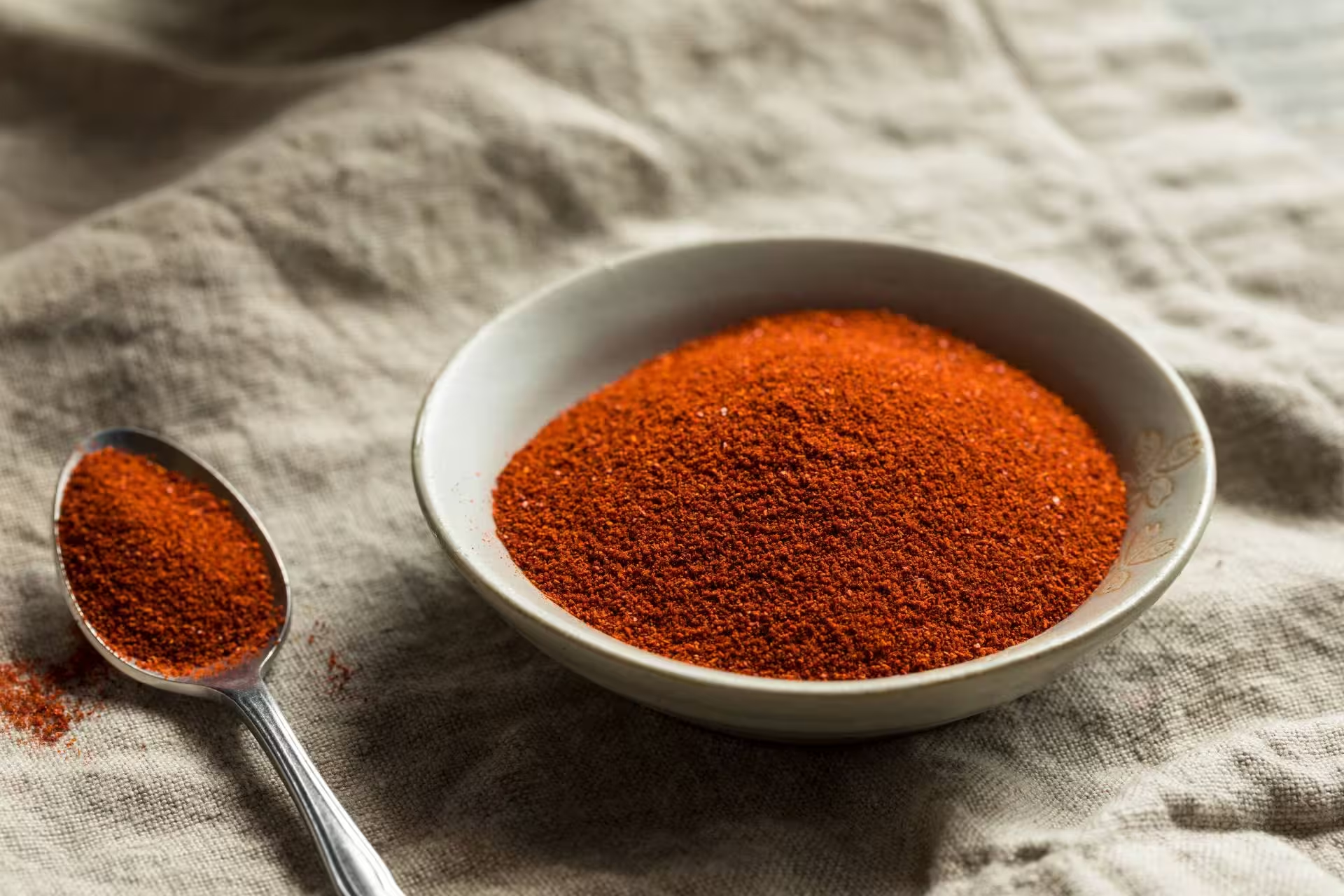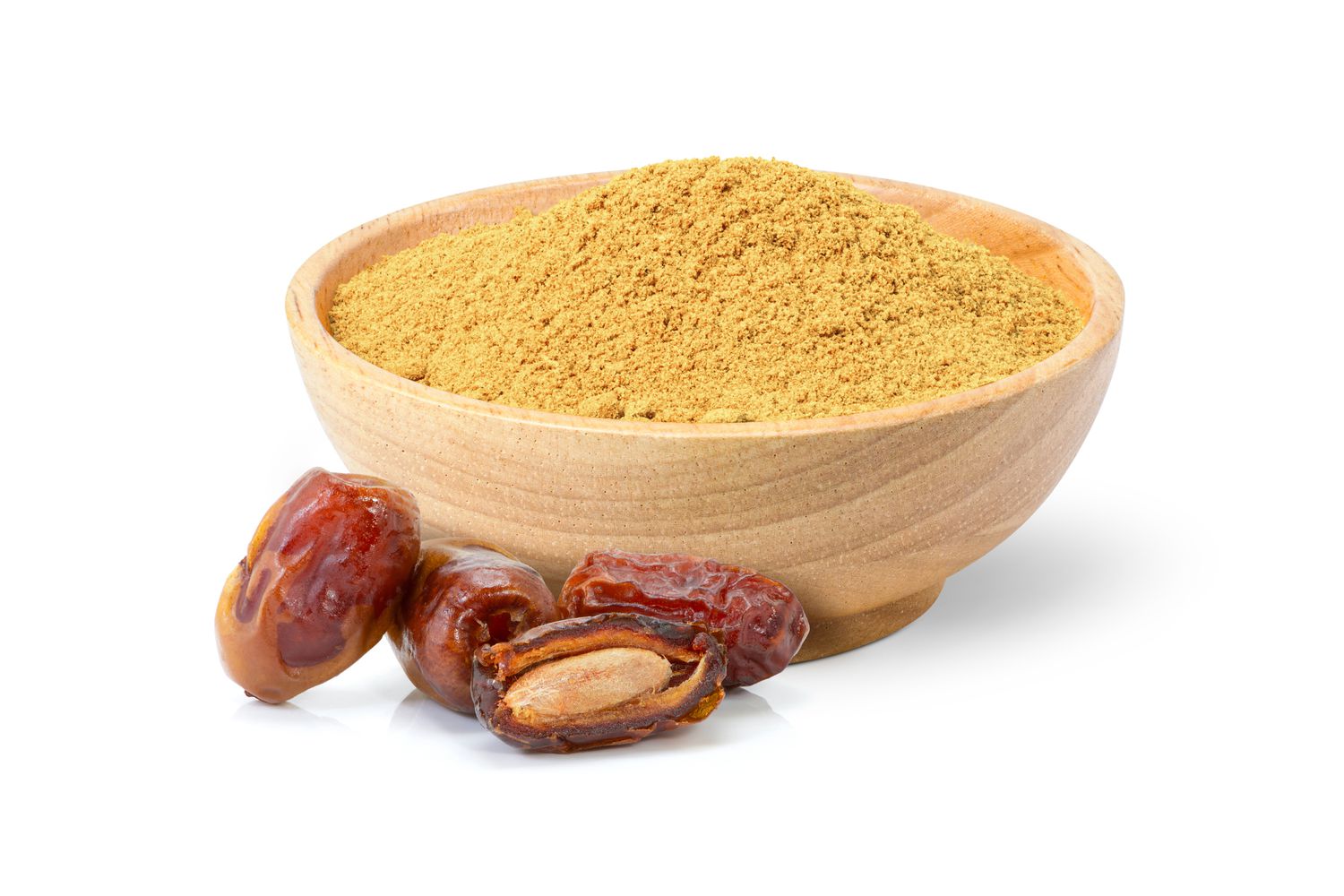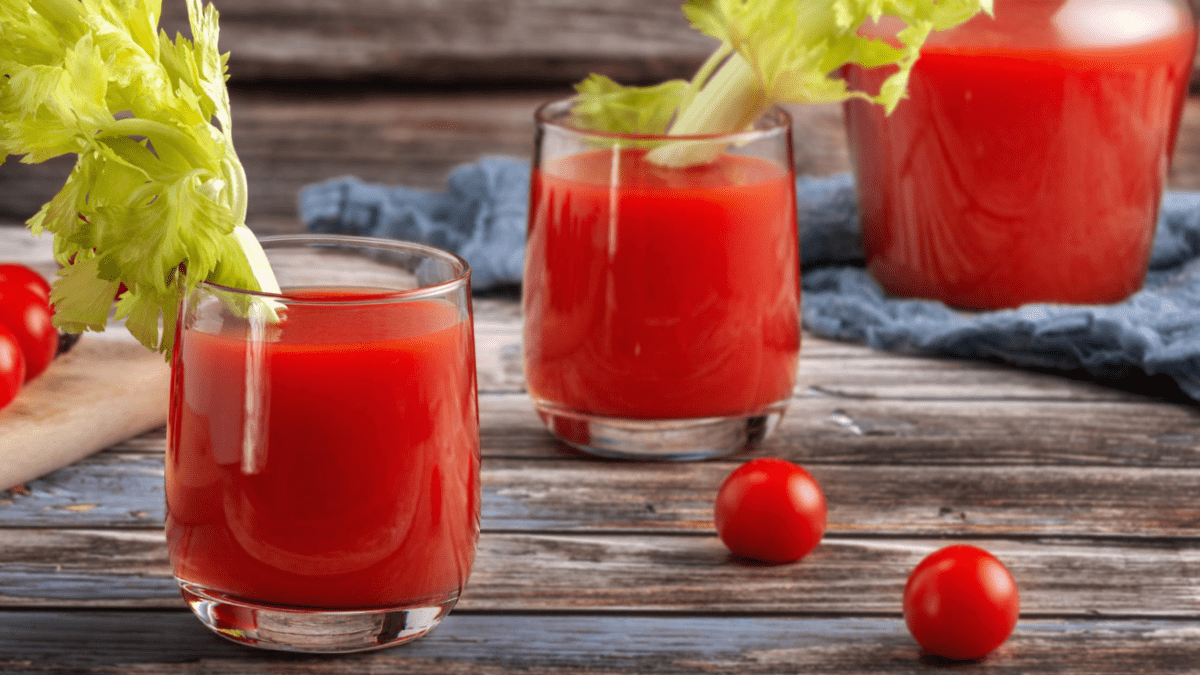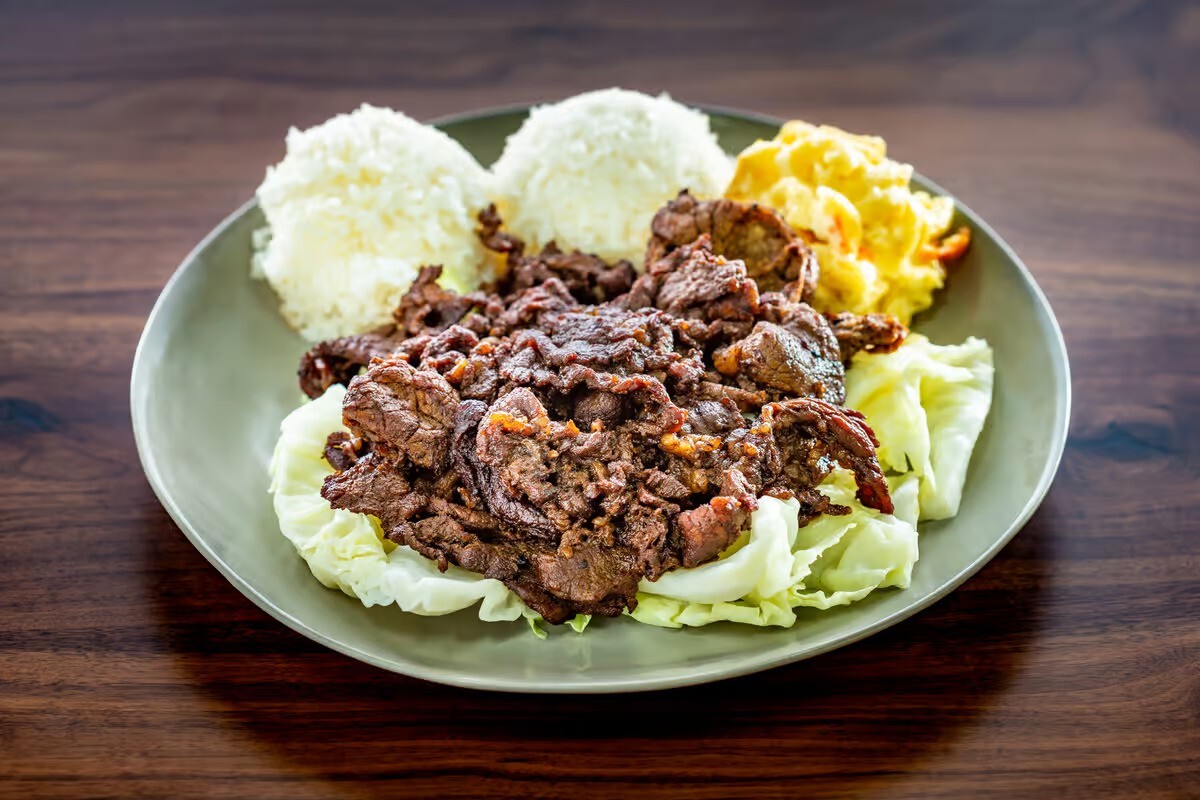When it comes to adding a burst of flavor to your dishes, Kogi sauce is a game-changer. This versatile and delicious condiment has been gaining popularity in the culinary world, and for good reason. But what exactly is Kogi sauce, and how can you use it to elevate your meals? Let's dive into the world of Kogi sauce and explore its origins, flavors, and potential uses.
The Origins of Kogi Sauce
Kogi sauce originates from Korean cuisine, where it is known for its bold and savory flavors. The sauce is a fusion of traditional Korean ingredients, such as gochujang (a fermented chili paste), soy sauce, and a hint of sweetness. This unique combination results in a rich, umami-packed sauce that can enhance a wide variety of dishes.
Flavor Profile
One of the defining characteristics of Kogi sauce is its complex flavor profile. It offers a perfect balance of sweetness, spiciness, and tanginess, making it a versatile addition to both savory and sweet dishes. The deep umami notes from the gochujang create a rich and satisfying taste that can instantly elevate the simplest of meals.
Versatility in Cooking
Kogi sauce's versatility knows no bounds. Whether you're grilling, stir-frying, or marinating, this sauce can add depth and complexity to your culinary creations. Here are some popular ways to use Kogi sauce in your cooking:
- Marinade: Use Kogi sauce as a marinade for meats, tofu, or vegetables. Its bold flavors will infuse into the ingredients, resulting in a delicious and aromatic dish.
- Dipping Sauce: Pair Kogi sauce with your favorite appetizers or snacks. Its savory and slightly spicy kick makes it an ideal dipping sauce for spring rolls, dumplings, or even french fries.
- Stir-fry Enhancer: Add a spoonful of Kogi sauce to your stir-fry dishes for an extra punch of flavor. It blends seamlessly with stir-fried vegetables, meats, or noodles, creating a mouthwatering dish.
Where to Find Kogi Sauce
While Kogi sauce has its roots in Korean cuisine, it has transcended cultural boundaries and is now available in many grocery stores and online retailers. You can also find variations of Kogi sauce in different flavor profiles, such as spicy, garlic-infused, or even a sweeter version.
Making Your Own Kogi Sauce
For those who enjoy experimenting in the kitchen, making your own Kogi sauce can be a rewarding experience. With just a few key ingredients, including gochujang, soy sauce, rice vinegar, and a sweetener of your choice, you can create a customized Kogi sauce that suits your taste preferences.
In Conclusion
Kogi sauce is a culinary gem that adds depth, flavor, and excitement to a wide range of dishes. Its origins in Korean cuisine and its versatile nature make it a must-have condiment in any kitchen. Whether you choose to purchase it or make your own, incorporating Kogi sauce into your cooking repertoire is sure to impress your taste buds and elevate your meals to new heights.
Was this page helpful?
Read Next: What Is Gullah Red Rice











